Do we really need to send humans to space?

The worldwide space sector might generate more than $1 trillion in revenue by 2040, up from the current $350 billion.
This boost in the economy brings forth a plethora of opportunities.
It’s certainly worth the cost to go out and explore space.
Quoting the famous Star Trek quote, “To boldly go where no man has gone before”, which is exactly the point of exploring space and John Kennedy’s inspiring words reflect the same.
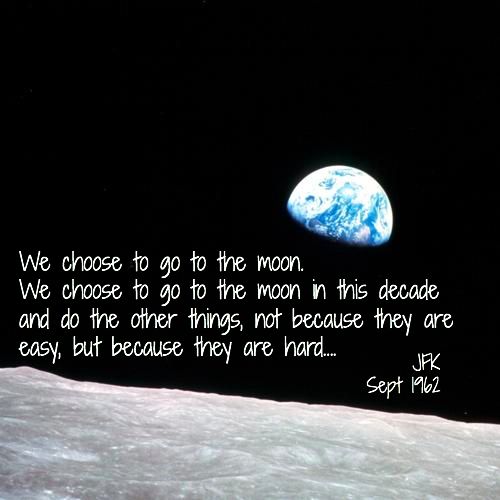
“We set sail on this new sea because there is new knowledge to be gained, and new rights to be won, and they must be won and used for the progress of all people.
For Space science, like nuclear science and all technology, has no conscience of its own.
Whether it will become a force for good or ill depends on man, and only if the United States occupies a position of pre-eminence can we help decide whether this new ocean will be a sea of peace or a new terrifying theater of war.
I do not say that we should or will go unprotected against the hostile misuse of space any more than we go unprotected against the hostile use of land or sea, but I do say that space can be explored and mastered without feeding the fires of war, without repeating the mistakes that man has made in extending his writ around this globe of ours.
There is no strife, no prejudice, no national conflict in outer space as yet.
Its hazards are hostile to us all. Its conquest deserves the best of all mankind, and its opportunity for peaceful cooperation may never come again.
But why, some say, the Moon? Why choose this as our goal? And they may well ask, why climb the highest mountain? Why, 35 years ago, fly the Atlantic? Why does Rice play Texas?
We choose to go to the Moon in this decade and do the other things, not because they are easy, but because they are hard; because that goal will serve to organize and measure the best of our energies and skills, because that challenge is one that we are willing to accept, one we are unwilling to postpone, and one we intend to win, and the others, too.”
—John F. Kennedy
That’s why you have Jeff Bezos, Richard Branson, and Elon Musk wants to “conquer space”, and to develop new technology.
There are two regions that have not been explored enough or that which need more technology development. One is space and another is the sea. We still haven’t fully explored the ocean, either.
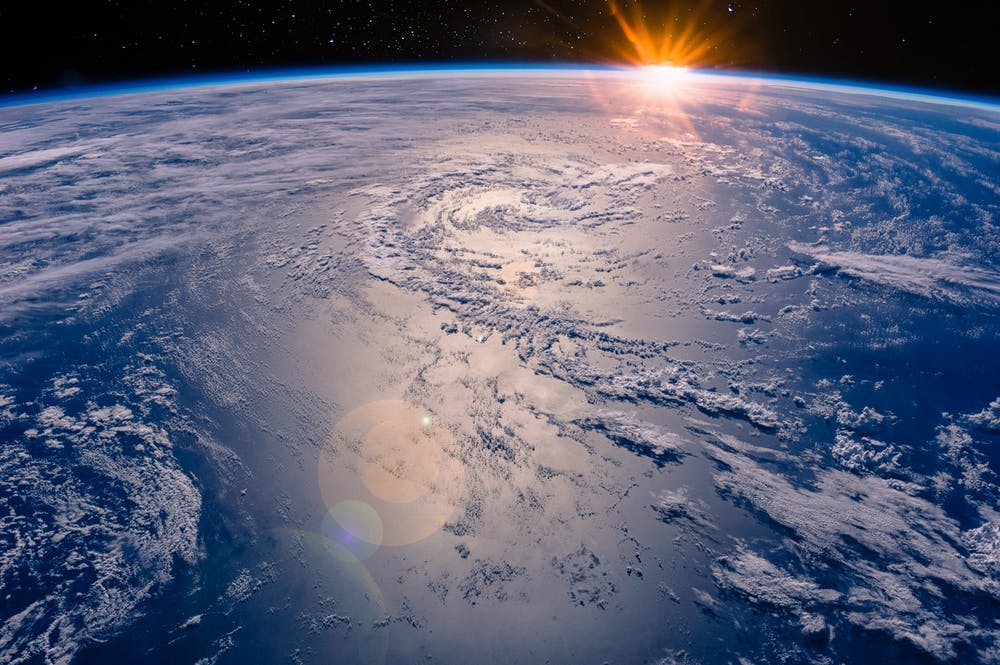
Career in space

But actually, you can pursue anything in the field that’s applicable to space.
The space industry needs creative minds, artists, and spaces for everybody, says Kevin O’Connell, the President of USISS.

Space is not just for astronauts or aeronautical science people, it’s for everybody. There’s a lot of exploration yet to be done, but we need people that are not just scientists and astronauts to think about space.
A great example that Kevin O’Connell gives is that if you go back to the 1970s and give people a Microsoft Windows computer, people would feel perplexed that computers don’t make any sense.
Nobody cared about them, yet, 50-60 years later, we have these objects influencing our everyday lives.
Just because people can’t conceptualize it now, it doesn’t mean that we shouldn’t try new things.
There’s always a 16 to 20% job growth for any STEM related majors. There are jobs constantly being added into this field.
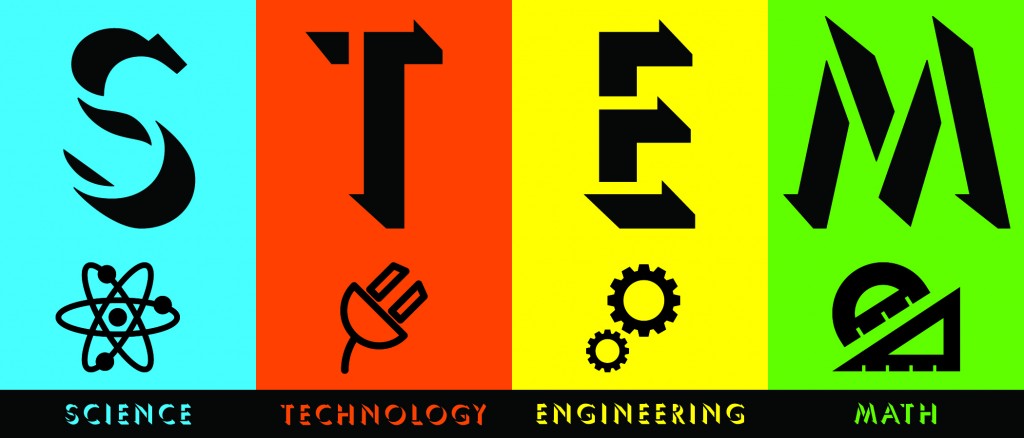
In South Carolina, not many people are recruited to NASA, which our space university can change.
South Carolina can produce qualified people to NASA or even SpaceX for that matter.
We could work with these space agencies to curtail our curriculum to their needs. These are careers of the future, but the foundation needs to be set now.
Uplifting the human spirit
Space research is very important because there’s a vast unknownness of space. We know a lot, but at the same time we haven’t discovered the vast majority.
Scientists like Newton, Einstein, Hawking, most of them dealt with some sort of science based research, while also researching something about space.
Theories like the Big Bang are all wall breaking theories that have some resonance in space but we don’t know enough and maybe that’s because there wasn’t a lot of interest.
Maybe the technology wasn’t there back then, but now we do have the technology. So space research, like any other research, is of the utmost importance, because we want to make sure that we know what’s out there.
We know how to tackle it. Just take a look at what Blue Eye Soft is doing—they need to get that space research so that the satellites can be effective, which impacts our life on earth here.

It also impacts a lot of what we could achieve in space.
Space research is really important because it’s not only the vast unknown, but there are a lot of things that happen up there that could affect us directly, be it the asteroids hitting the satellites or the solar weather changing.
There’s so many different components in space and it’s constantly moving.
I just did an article a while back about one of our satellites. So one of our satellite spacecraft just touched the surface of the sun.
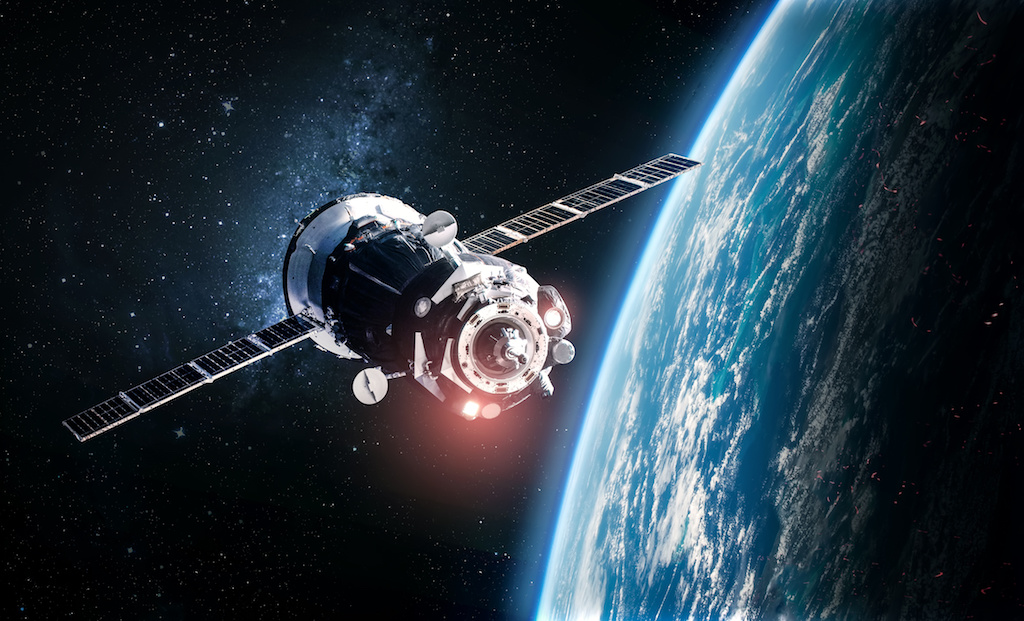
Nobody would’ve thought that we could touch the sun, it’s pretty interesting. See how it’s gonna take up and you know, We’ve seen a massive amount of change in the last five years, and in the next five years, it’s gonna become huge.
With Mark Zuckerberg coming up with the Metaverse and so many technological advancements happening with Artificial intelligence, there’s so much more that’s going to add up

Consequences of being unprepared
This answers the broader question as to what happens when we don’t increase our knowledge base about something.
Honestly, if we don’t do it, it’s definitely going to be to our detriment, because if something does happen, we won’t be able to respond.
NASA is now prepared for an asteroid attack that may come in, like the one that destroyed the species of dinosaurs.
Today, if an asteroid comes and hits us, NASA is all prepared to actually tackle it by sending something to blast to collide with the asteroid just to deflect it a little bit, so that it does not touch the surface of the earth.
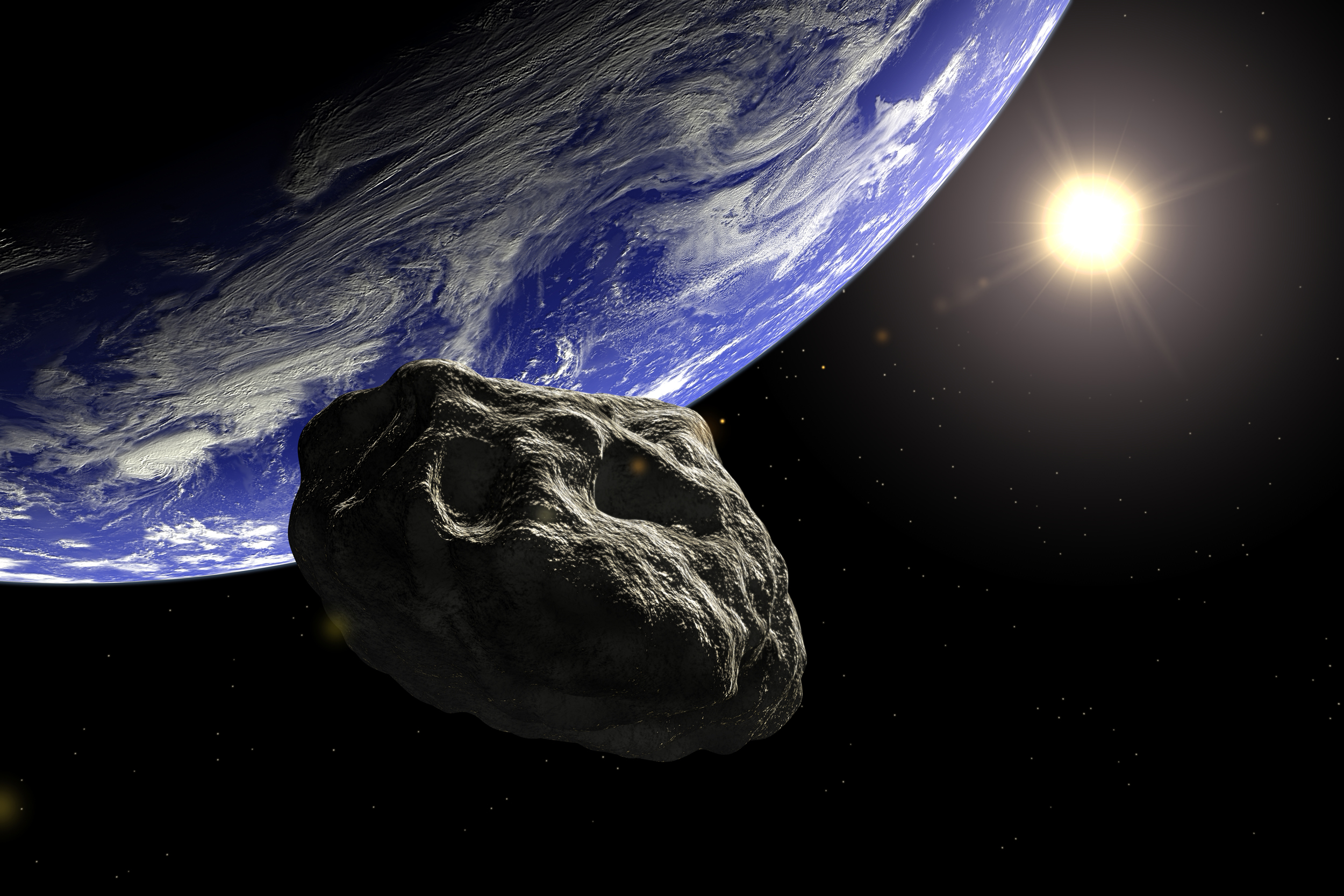
Not doing enough research on space, might prove disastrous, just like the case of the COVID pandemic. Things got out of control, because we were not adequately prepared.
We don’t know what we’re going to deal with, so we should be prepared for anything to come.
There are some planets that can be habitable, if feasible, how are we going to contact them?
These things always need to be thought of in the end from a purely humanistic point of view.
Some arguments are made that if we want our race to survive, in some ways, we need to look at other planets.
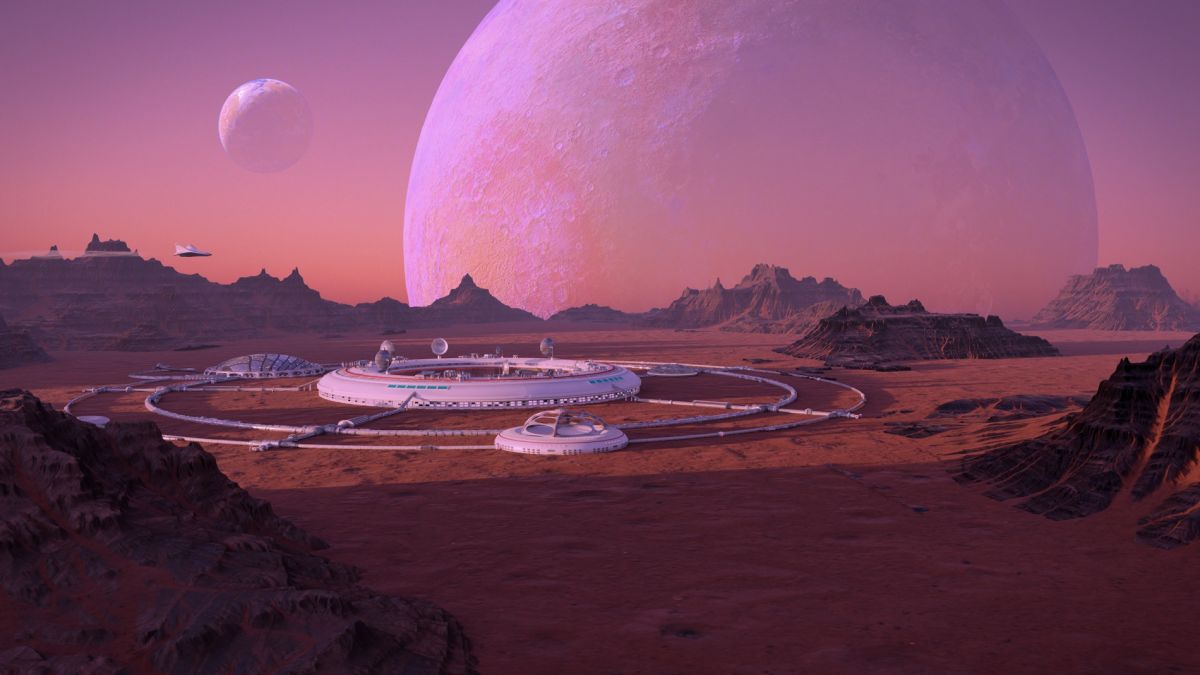
Let’s not say colonization for now, but maybe we can go there and see what that’s like and to explore the technologies that we have to survive.
Going to space can also be an expression of fun and we can do whatever we want.
Ours is an optimistic generation and I think if we aim for the stars, at least we’ll end up on the moon.
Space Science is a holistic view of space. When you think about space, you think about astronauts and scientists, but there’s more to it.
There is space debris and so many different things about space that we don’t talk about enough, which we need to.
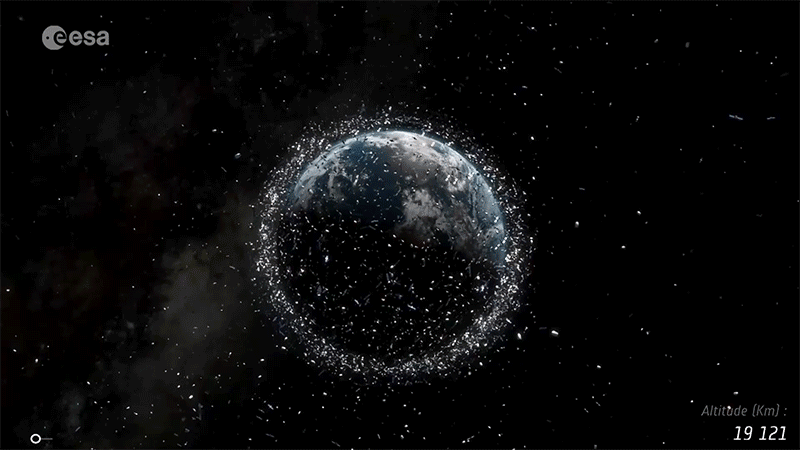
That’s what Space Studies does. It’s almost a theoretical approach, but it’s also rooted in practicality.
There’s a massive intersection with a lot of different curriculums manufacturing and bringing those into space, cybersecurity, artificial intelligence, etc., and almost every field has a connection with space.
Everything that we do on earth has some relation to space obviously. That’s what space studies cover—not just the astronauts.
What is the theoretical basis of that? How we actually get there and how every different industry intersects with space is what makes Space Studies important to talk and learn more about.
Recommended Posts

How a Single Man’s ‘Life-Plan’ is Transforming the Tech, Health, and Space industries
January 6, 2022
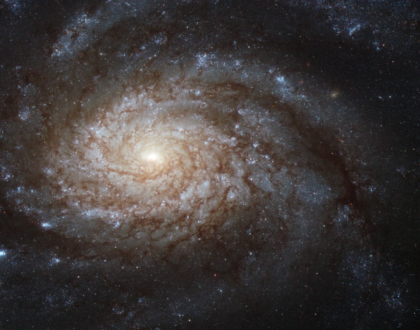
Implications and future of space education
December 22, 2021

AI, a window of opportunities during a crisis
December 15, 2021


